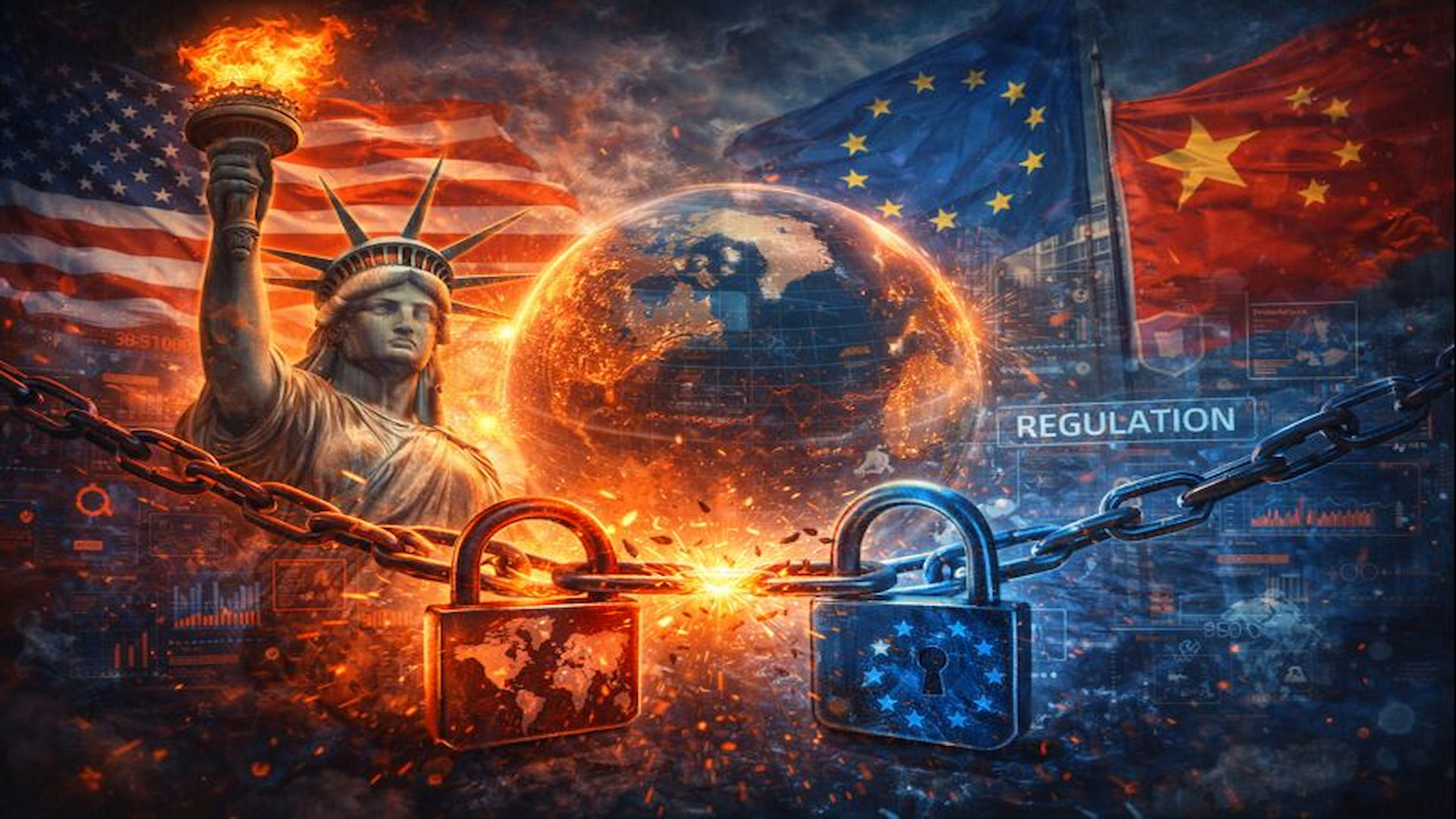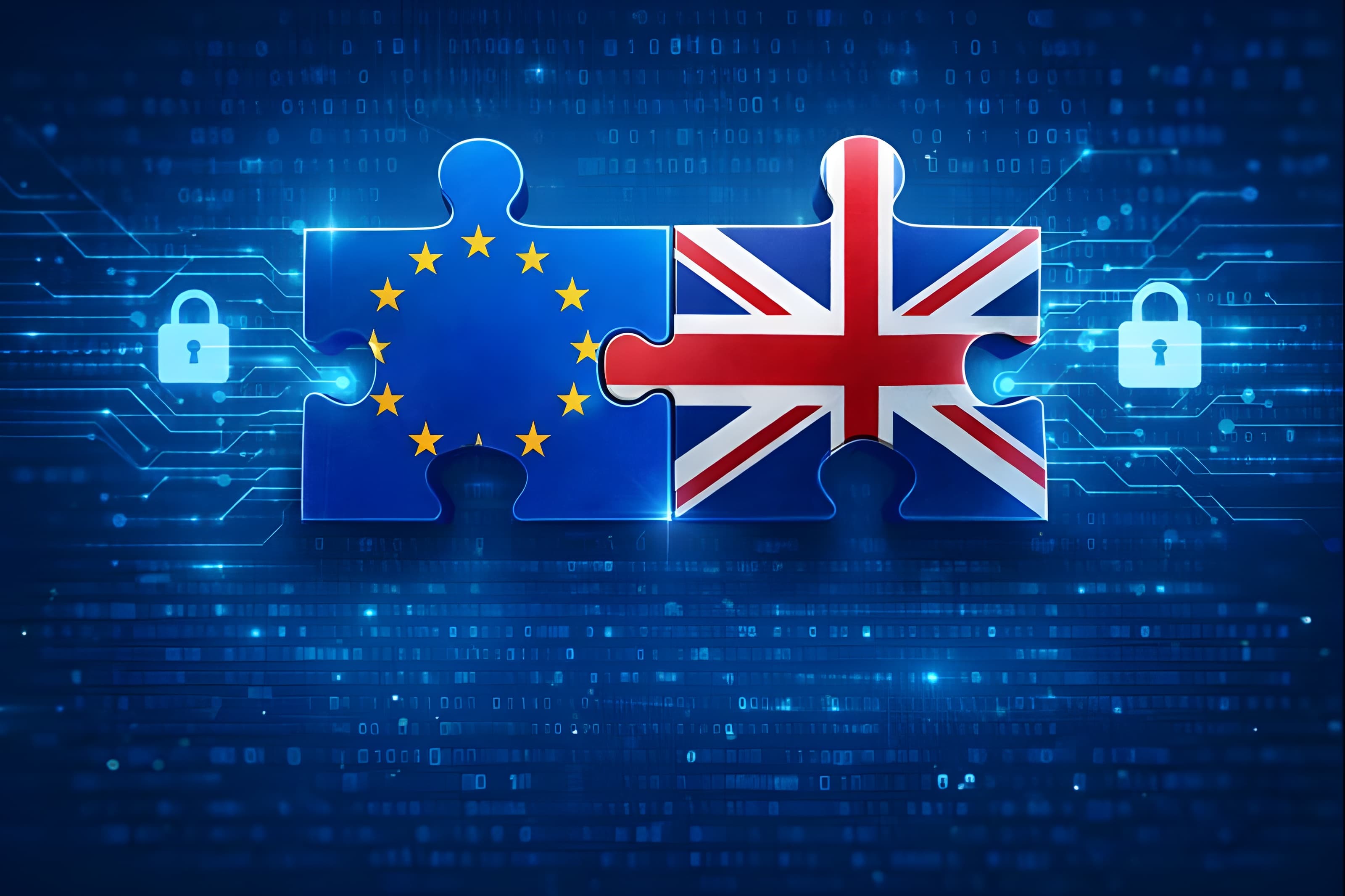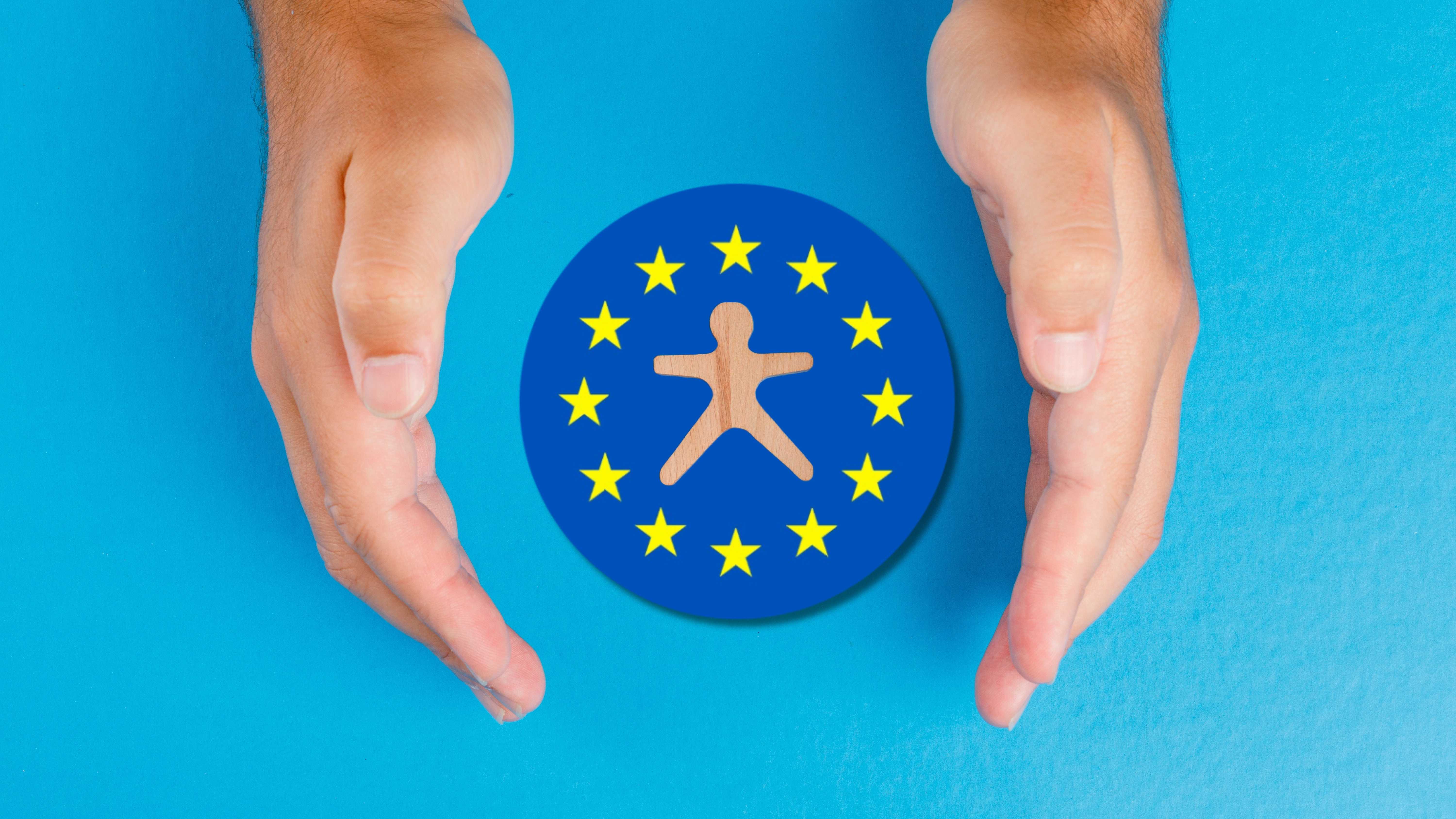The presidency of the Council of the European Union next year is expected to see Ireland lead a European drive for ID-verified social media accounts.
Tánaiste Simon Harris said the move is intended to limit anonymous abuse, bot activity and coordinated disinformation campaigns that he views as a growing threat to democracy worldwide.
A proposal that would require users to verify their identity instead of hiding behind anonymous profiles. Harris also backed an Australian-style age verification regime to prevent children from accessing social media, arguing that existing digital consent rules are not being enforced.
Media Minister Patrick O’Donovan is expected to bring forward detailed proposals during the presidency.
The plan is likely to trigger strong resistance from major social media platforms with European headquarters in Ireland, alongside criticism from the US.
However, Harris believes there is growing political backing across Europe, pointing to signals of support from French President Emmanuel Macron and UK Prime Minister Keir Starmer.
Harris said he wanted constructive engagement with technology firms rather than confrontation, while insisting that stronger safeguards are now essential.
He argued that social media companies already possess the technology to verify users and restrict harmful accounts, and that European-level coordination will be required to deliver meaningful change.
Would you like to learn more about AI, tech and digital diplomacy? If so, ask our Diplo chatbot!










